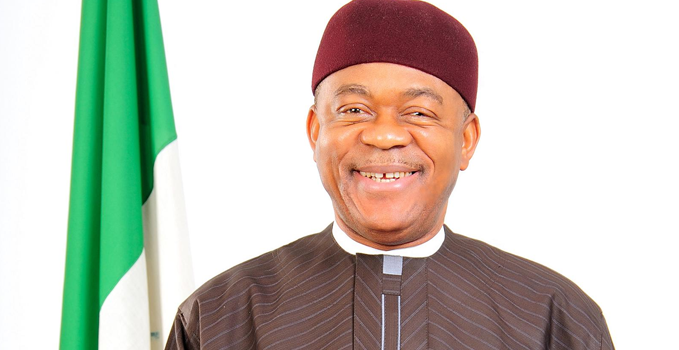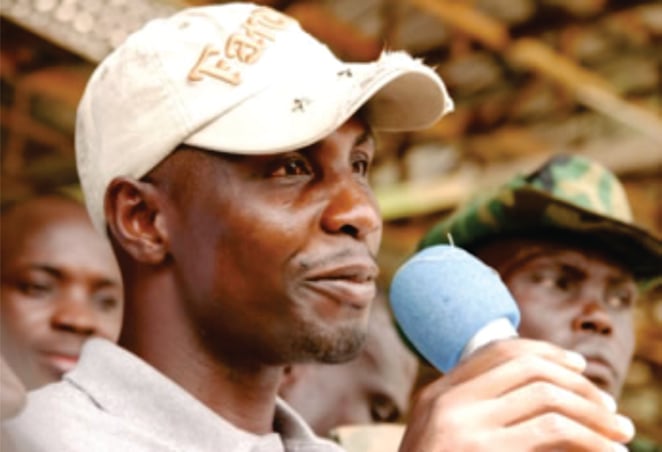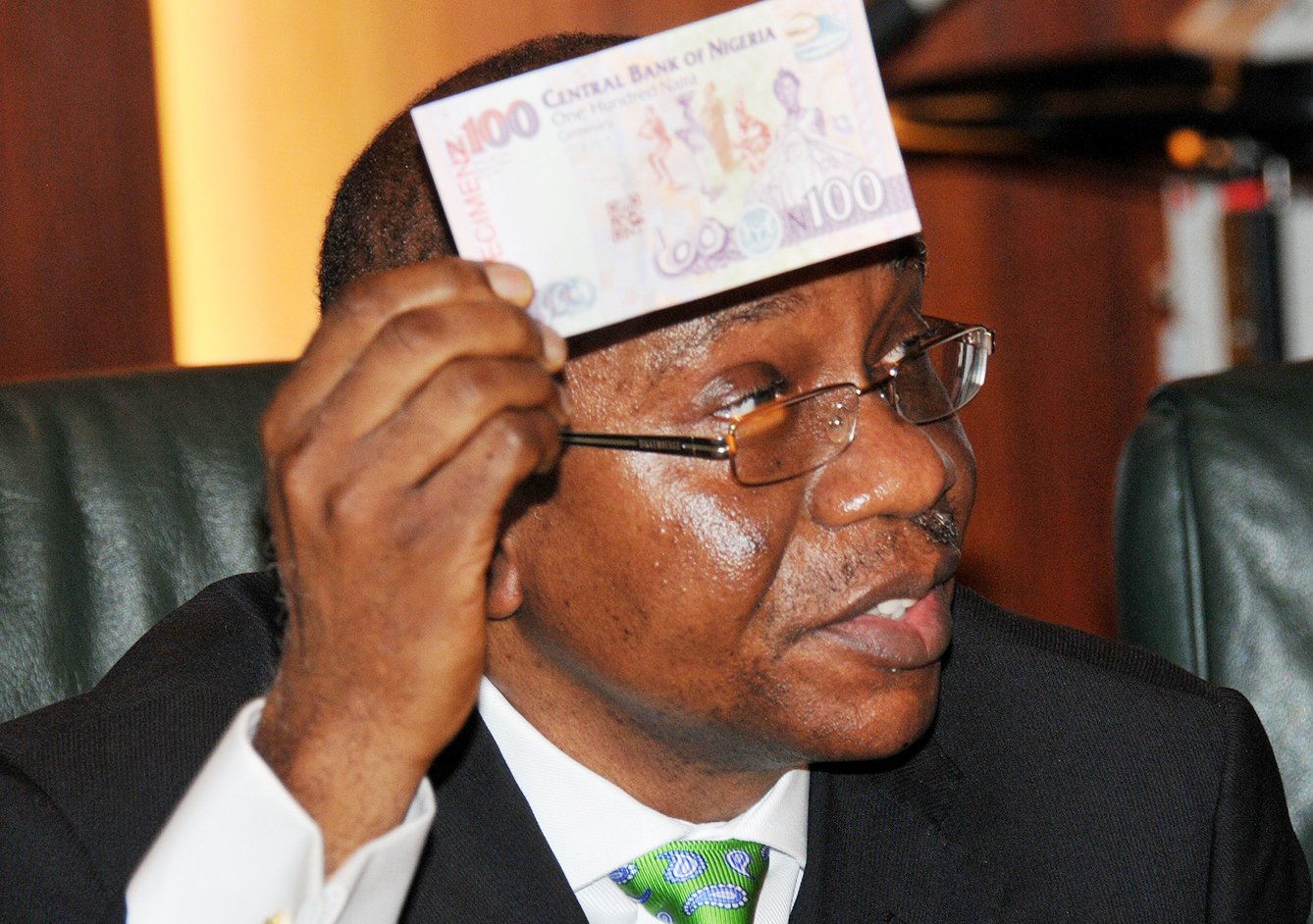Under this atmosphere of change, Nigerians are eager to experience something good, and positively different from the past. They want a transformation that is expected to be quite swift, and somewhat magical. The more reason why the people are now consistently heckling, so to speak, President Buhari on the manifesto of change and better life that he campaigned on, and which eventually moved many Nigerians to vote for him and his party, the All Progressives Congress (APC) in the last general elections. Actually going by the desire and imagination of a lot of Nigerians Buhari, seen as a utility player who can overlap in the field of play, is supposed to have cleansed the wrinkles on the face of the executive arm of government, forcefully hit the gavel for proper legislative work at the legislature and purged the judiciary of the stench of corruption and miscarriage of justice in one fell swoop.
For the dawning of good governance, which is actually long overdue in Nigeria, and judging from the fact that many countries that we started the race for self-rule and improved existence together, Singapore for instance, are miles ahead of us in developmental exploits, Nigerians are understandably impatient to breath a fresh air. As such they have forgotten the principles of separation of power; and that each of the three arms of government, namely the executive, legislature and judiciary, has a distinctive role to play in deepening democracy. Even though the President could influence, or better put, advise on ways in which the forces of government can collectively work together for the betterment of all and sundry, the major responsibility lies with the leadership and the functionaries that control activities in other quarters of power. So as much as the Presidency is supposed to hit the ground running, as commonly said in the country, the legislature should also live to its billing as well as the judiciary. Thankfully, the senate on which a lot of powers have been conferred seems to be waking up to its responsibilities.
Quite recently, the senate called the attention of the public and the presidency in particular to an Act of Parliament which has been effectively kicked out of limelight for eight years now.
It was Senator Theodore Orji representing Abia Central Senatorial District who moved the motion for the need to empanel The National Council on Public Procurement of Nigeria – something that has already been provided for, legally, in the Public Procurement Act of 2007 which actually has a long history.
Advertisement
When President Olusegun Obasanjo assumed office in 1999, he undertook a study of the procurement and financial systems in Nigeria with the assistance of the World Bank. They found a lack of professionalism in the execution of procurement functions; weaknesses in the export, import and tariff procedures; and a lack of streamlined quality control practices amongst other deficiencies.
In response, the Obasanjo administration came up with a “Due Process” Policy in 2001 to address the aforementioned excesses. Whether or not the policy did fulfil its mission is a topic for another. But that was how the “Act” was born. Under President Umaru Musa Yar’Adua, the giant grew from being just a policy to becoming an act, the “Public Procurement Act” 2007. Then, Nigeria lost membership of the scantily populated association of African countries without legislation on Public Procurement.
The intention of the 2007 Act, according to the senate, is to establish a Regulatory Authority for the monitoring and oversight of Public Procurement; harmonising the existing Government Policies and Practices by regulating, setting standards and developing the legal framework and professional capacity for Public Procurement in Nigeria.
Advertisement
There can only be few graver acts of disservice to a nation than what has been done to the Public Procurement Act. It’s just like nurturing a child from birth through adolescence unto adulthood and then killing the man or woman the child has become. Could there be a greater evil? Thankfully though it seems the situation is about to be remedied.
Judging from the bill’s intention, it is easy to understand why it has been left or even encouraged to fall asleep, and soundly too. If it had been awake and properly functional, how would the atrocities of the recent years have been accomplished?
Orji’s initiative is an important call to action that provides a glimmer of hope in a senate that consistently casts shadows of doubt on her integrity on the accounts of the uninspiring and sometimes frivolous actions of some of her members. Presenting a credit-worthy position that will give the much needed push and meaning to the Public Procurement Act 2007, and also offer sound response to the desire of the players in the procurement sector, Senator Theodore Orji has moved a motion that has the capacity to revolutionise the procurement service in government, and by extension, citizens’ experience of governmental services.
Advertisement
Views expressed by contributors are strictly personal and not of TheCable.







